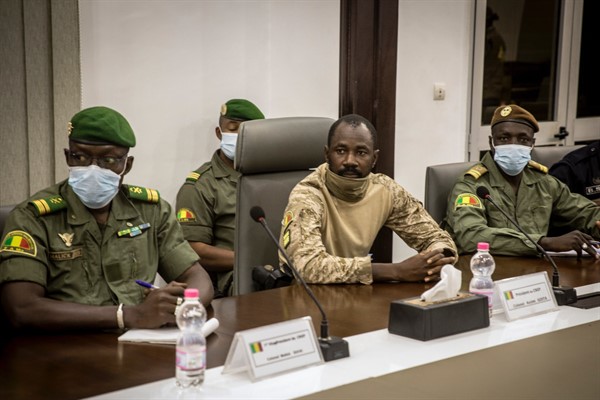The court of the West African Economic and Monetary Union yesterday ordered that sanctions imposed on Mali by West African leaders should be lifted. Along with the Economic Community of West African States, or ECOWAS, the eight-nation grouping known by its French-language acronym UEMOA had imposed economic and financial restrictions on Mali in January, after the country’s interim military government reneged on a pledge to hold elections by February 2022 as part of Mali’s return to civilian rule.
UEMOA had instructed all financial institutions under its jurisdiction to suspend Mali immediately and cut off its access to regional financial markets. The court did not immediately specify which measures would be included under the ruling, but the court order could offer some short-term reprieve to a Malian economy that had already suffered from years of conflict as well as the impact of the coronavirus pandemic. The sanctions worsened Mali’s debt crisis and caused disruption to regional transit trade that locals rely on for their livelihoods. The judgment should add some dramatic tension to today’s ECOWAS summit, at a time when chilled relations between Mali and the regional body appear to be thawing.
Since the August 2020 coup that overthrew former President Ibrahim Boubacar Keita following months of demonstrations and years of instability, Mali’s interim junta has been locked in protracted negotiations with ECOWAS over a transition back to democratic rule that would culminate in an election to choose a civilian government. In recent months, relations between Mali and the regional bloc have deteriorated, reaching a nadir when West African leaders slapped a new round of sanctions on Bamako in January, after the interim junta proposed a five-year transition plan that would culminate with a presidential election scheduled for 2026, four years after the date the junta initially agreed to with the bloc.

